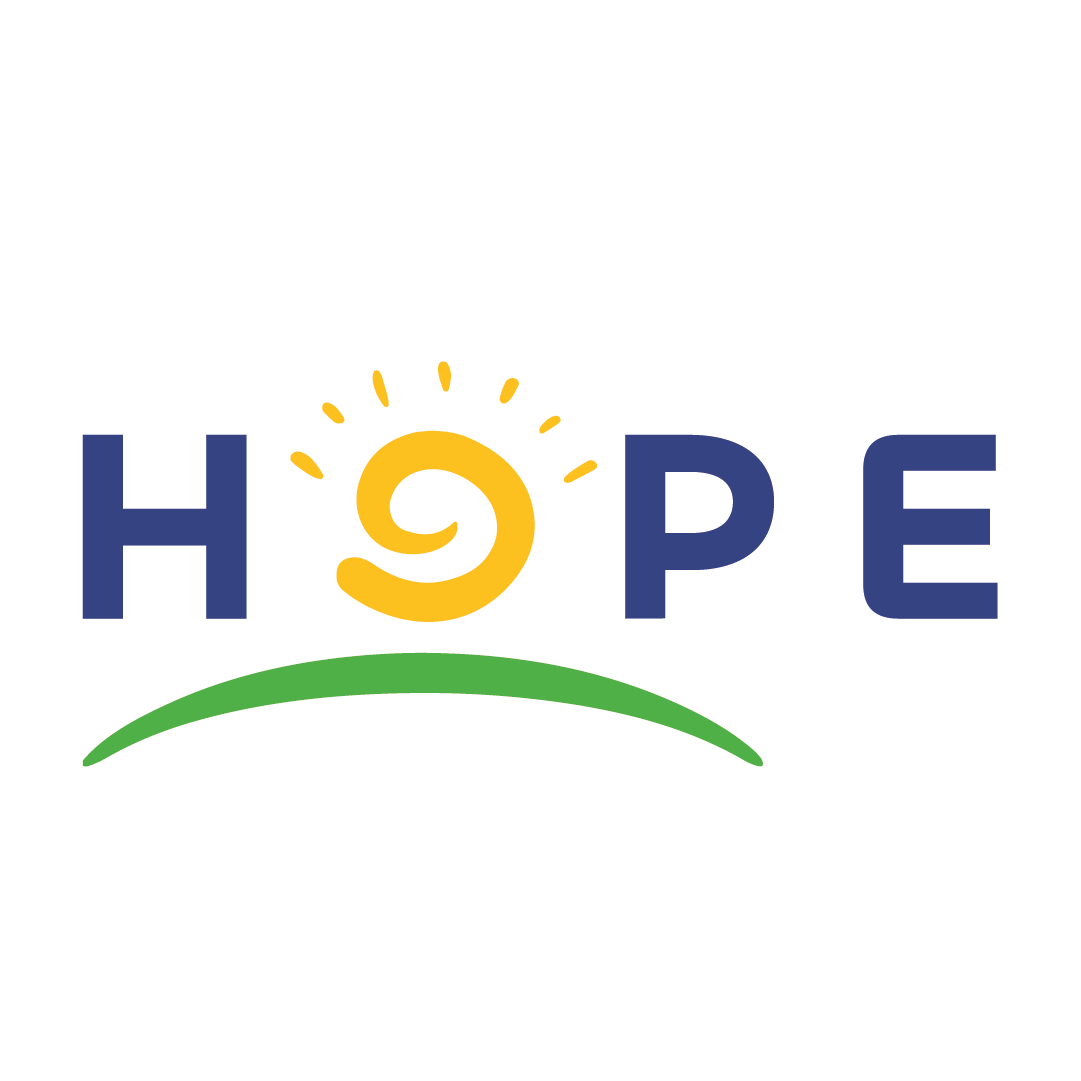HOPE
What kind of world are we representing to the coming generations with our usual conception of history that is mostly based on narrating conflicts and violent heroic acts? If history as we know it is life’s teacher, aren’t we then teaching generations to come that the only events worth remembering are those of bloodshed, war, and struggle? [Dijana Mitrović, HOPE Research Coordinator, Theatre Professor]
History of Peace for Education through Theatre
History of Peace for Education through Theatre -HOPE, has its main objective to develop the capacity of youth workers and educators in Balkan Region to present history in a creative and exciting way in order to teach young people lessons for the future with a focus on peaceful times that were and can be. This ERASMUS + project include international training workshops for youth workers and for young people at local level.
About us
partners
The Project brings together six partners/cultural institutions from the Balkan region: Dah Teatar (Serbia) as coordinator, Action Synergy Sa (Greece), Theatro Aeroploio – Ena Theatro Giapaidia (Greece), Artpolis (Kosovo), World Vision BH Foundation (Bosnia and Herzegovina), and Fondacija za promovisanje nauke “Prona” (Montenegro).

The Project
research and methodology
The project is divided in three main phases.
The first phase is related with the development of the project’s methodology and the training material of the project. The first activity in this phase is the development of an initial research. The main aim of the research will be the identification of the main characteristics of the peaceful civilisations throughout history and the identification and analysis of the needs of the youth regarding peace education and cultural heritage.
Following the research, a Methodology Handbook is going to be developed. The handbook wil be a “live”document that is going to be constantly updated and enriched on the basis of the project activities.
This manual will be developed with the objective of providing an educational and practical resource to all those young people of several parts of the world interested in the subject and who can download for free on the project’s website.
Based on this methodology, the training program will be developed and it will include a design of training activities and lesson plans. A focus is going to be given to the non-formal and art-based learning activities which require active involvement of the learners.
The Project
TRAINING
After the first phase, the training sessions are going to be organised. The international training workshop for youth workers will take place in Serbia. The youth workers are going to be trained in order to be able to transfer the methodology to the young people they are working with at the local level. Following this training, the youth workers are going to transfer the knowledge acquired to local youth by organising training activities at local level.
There are going to be organised two international training workshops, one in Kosovo and one in Bosnia. This will bring together young people from countries that have a history of conflict and gives then an opportunity to share
their perceptions on how to build a sustainable peace.
The Project
transfer of expertise
The third phase of the project is related with the transfer of expertise to young people and youth organisations that were not involved directly in the project activities. In order to engage there is going to be developed a MOOC addressed to youth workers of the West Balkan region and all over the world. The course will be available in Serbo-Croatian/Bosnian, Albanian and English and is expected that 80 youth workers are going to participate. Moreover, a virtual final conference is going to be organised online in order to transfer the results of the methodology to youth workers. All the collaborators historians are going to be involved in the conference.

Funded by the European Union. Views and opinions expressed are however those of the author(s) only and do not necessarily reflect those of the European Union or Erasmus+ Programme. Neither the European Union nor the granting authority can be held responsible for them.